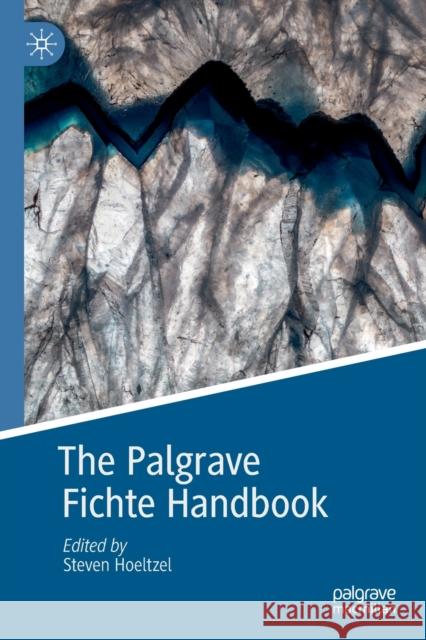The Palgrave Fichte Handbook » książka
topmenu
The Palgrave Fichte Handbook
ISBN-13: 9783030265106 / Angielski / Miękka / 2020 / 550 str.
The Palgrave Fichte Handbook
ISBN-13: 9783030265106 / Angielski / Miękka / 2020 / 550 str.
cena 684,33
(netto: 651,74 VAT: 5%)
Najniższa cena z 30 dni: 655,41
(netto: 651,74 VAT: 5%)
Najniższa cena z 30 dni: 655,41
Termin realizacji zamówienia:
ok. 16-18 dni roboczych.
ok. 16-18 dni roboczych.
Darmowa dostawa!
Kategorie BISAC:
Wydawca:
Palgrave MacMillan
Seria wydawnicza:
Język:
Angielski
ISBN-13:
9783030265106
Rok wydania:
2020
Wydanie:
2019
Numer serii:
000809713
Ilość stron:
550
Waga:
0.79 kg
Wymiary:
23.39 x 15.6 x 2.95
Oprawa:
Miękka
Wolumenów:
01
Dodatkowe informacje:
Wydanie ilustrowane











